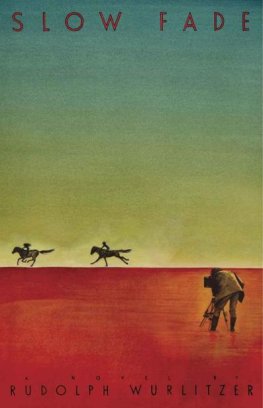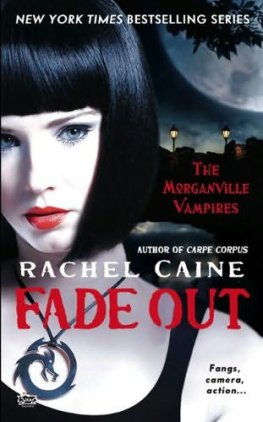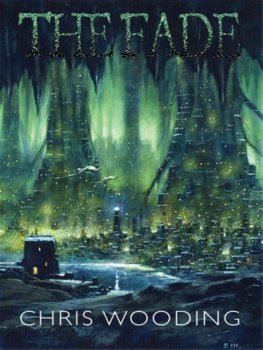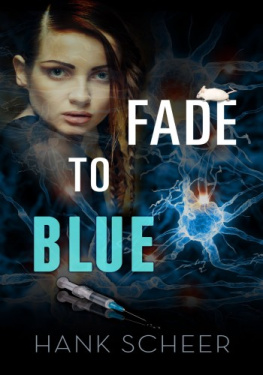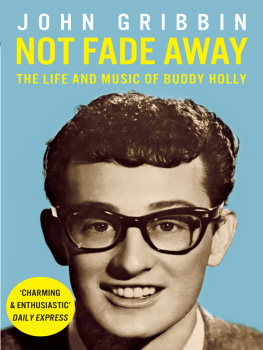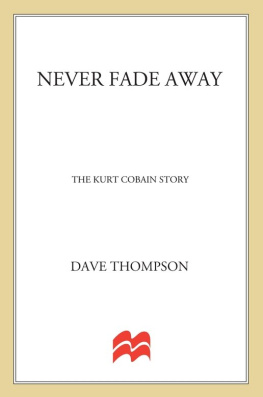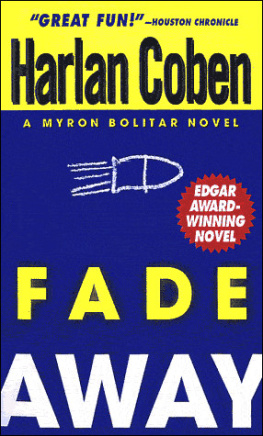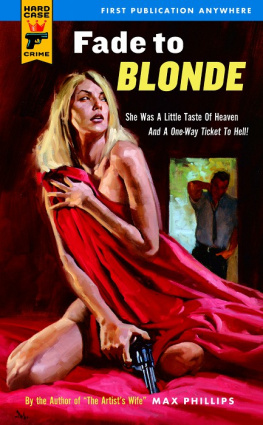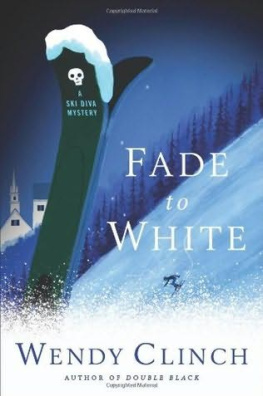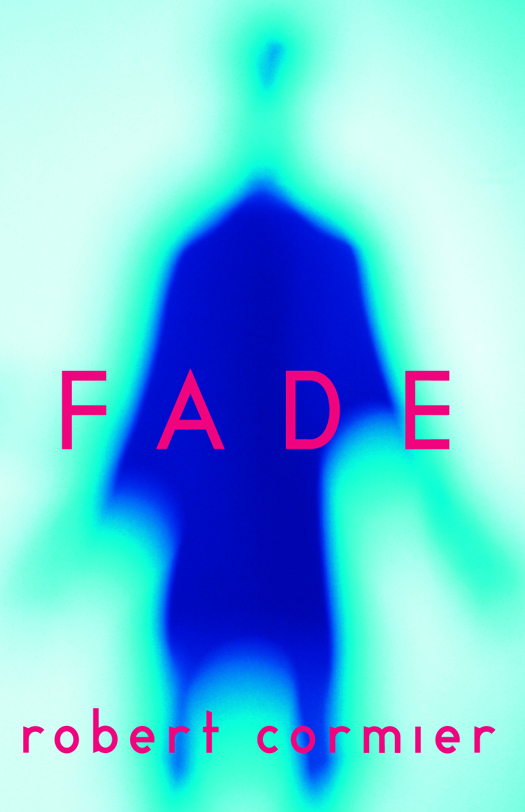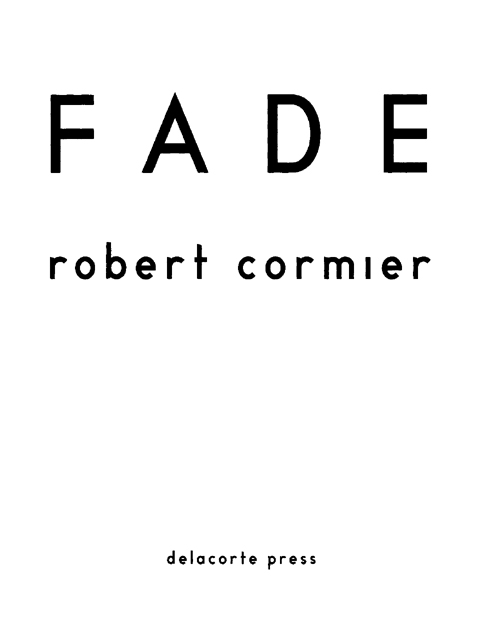NOVELS BY ROBERT CORMIER
After the First Death
Beyond the Chocolate War
The Bumblebee Flies Anyway
The Chocolate War
8 Plus 1
Fade
Frenchtown Summer
Heroes
I Am the Cheese
In the Middle of the Night
The Rag and Bone Shop
Tenderness
Tunes for Bears to Dance To
We All Fall Down
Published by
Delacorte Press
an imprint of
Random House Childrens Books
a division of Random House, Inc.
New York
Text copyright 1988 by Robert Cormier
Cover photograph copyright by Ron Fehling/Masterfile
Lyrics from I Cant Get Started by Ira Gershwin & Vernon Duke copyright 1935 by Chappell & Co., Inc. Copyright renewed. International copyright secured. All rights reserved. Used by permission. Lyrics from All Alone by Irving Berlin copyright 1924 by Irving Berlin. Copyright renewed 1951 by Irving Berlin. Reprinted by permission of Irving Berlin Music Corporation.
All rights reserved. No part of this book may be reproduced or transmitted in any form or by any means, electronic or mechanical, including photocopying, recording, or by any information storage and retrieval system, without the written permission of the publisher, except where permitted by law.
The trademark Delacorte Press is registered in the U.S. Patent and Trademark Office and in other countries.
Visit us on the Web! www.randomhouse.com/teens
Educators and librarians, for a variety of teaching tools, visit us at www.randomhouse.com/teachers
Library of Congress Cataloging-in-Publication Data
Cormier, Robert.
Fade / by Robert Cormier.
Summary: Paul Moreaux, the thirteen-year-old son of French-Canadian immigrants, inherits the ability to become invisible, but this power soon leads to death and destruction.
eISBN: 978-0-307-52331-0
[1. SupernaturalFiction. 2. French CanadiansUnited StatesFiction.] I. Title.
PZ7.C81634Fad 1988 [Fic] 88-3540
v3.1
To my wife, Connie, with love
Contents
P A U L
A t first glance, the picture looked like any other in a family album of that time, the sepia shade and tone, the formal poses, the men in solemn Sunday suits and the women, severely coiffed, in long skirts and billowing blouses. It was a portrait of my fathers family taken before World War I on the front steps of the house in Quebec on the banks of the Richelieu River.
The family moved to New England shortly after the picture was taken, my father along with my grandparents, my five uncles and four aunts, among them my aunt Rosanna, whom I would love all the days of my life.
I discovered the photograph when I was eight or nine years old and was told immediately of its mystery by my cousin Jules, who swore me to secrecy. I found out eventually that the mystery of the photograph was not really a secret, although it provoked various reactions among members of the family. Some dismissed the mystery not as a mystery at all, but as a failure of the cameras mechanism or the result of a childish prank. Others spoke of the mystery in hushed tones, with raised eyebrows, as if even the mere mention of the picture would bring terrible consequences. My grandfather refused to talk about the photograph altogether and acted as if it didnt exist, although it occupied a place in the big family album in the mahogany desk in the parlor at his house.
My father was amused by it all. Every family has its mysteries, he said. Some families have ghosts, we have a picture.
The mystery?
In the space that was supposed to have been occupied by my uncle Adelard, at the end of the top row, next to my father, there is simply a blank space. Nothing.
My uncle Adelard had disappeared at the moment the camera clicked and the shutter opened.
My uncle Adelard was always disappearing, going away and coming back again, a drifter whom I regarded as a glamorous figure, an adventurer, although he was thought of as a hobo and a tramp by some of the others in the family.
The family had settled down in Frenchtown on the east side of Monument in Massachusetts along with hundreds of other French Canadians, living in the three-decker tenements and two-story houses, working in the shops producing combs and shirts and buttons, sending their children to St. Judes Parochial School, and attending mass at St. Judes Church on Sundays. They shopped every day in the stores on Fourth Street, although they made regular excursions to Monument Center, the downtown shopping district.
I was puzzled by the way the people of Frenchtown accepted the daily grind of the factories, week after week, year after year. My father, for instance. A handsome man who was quick to laugh, he enjoyed a great reputation as a ballplayer in the Twilight Industrial League, swift and daring as a base runner and hitting dramatic home runs in the clutch. He danced the quadrilles at weddings with the same kind of quickness, whirling my mother around dizzyingly on the dance floor with whoops of delight while she hung on for dear life. The next morning he trudged his way back to the Monument Comb Shop, where he worked for forty-five years, enduring the layoffs, the lean years of the Depression, and the violence of the strikes.
My uncle Adelard escaped the shopsthe daily drudgery and the layoffs and the walkoutsjust as he had escaped the photographers lens in Canada. That was why I felt a kinship with him. In that summer of 1938, I was thirteen years old, timid and shy and sometimes afraid of my own shadow. But in my heart I was brave and courageous like the cowboys in the Saturday afternoon serials at the Plymouth Theater. I felt that I, too, could become a hero if the opportunity presented itself or if I were tested. But there were no opportunities in Frenchtown. I longed to explore the outside world I saw in the movies or heard about on the radio or read about in books. Uncle Adelard was the only person outside my books and movies who had the dimensions of a hero, who dared to be different, who wandered the earth.
And that was why I hounded my father with questions whenever I got the chance. I waited while he listened to the radio and the news of Hitler gobbling up countries in Europe, felt guilty because the photograph was more important to me than the marching armies overseas. But this did not deter me from my purpose. I would gauge his disposition after he snapped off the radio, and if he seemed in a talkative mood, brought up the subject of the photograph.
Sipping the beer he brewed in the porcelain crocks in the cellar, smoking his Chesterfields, he often smiled in resignation and said: Okay, what do you want to know? As if I had never asked these questions before.
Okay, it was a Sunday afternoon, right? And you were all on the front steps up in St. Jacques
Thats right, my father said, lighting another Chesterfield with a kitchen match scratched on his pants. We were dressed in our Sunday best in shirts and ties and wool jackets. It was a hot summer afternoon so there was a lot of moving around, a lot of squirming.
And Uncle Adelard was standing right beside you
He sure was, he said. It was impossible not to notice him. He was restless, refused to stand still. Until your Ppre turned around and gave him a look. He could shrivel your bones with that look.



